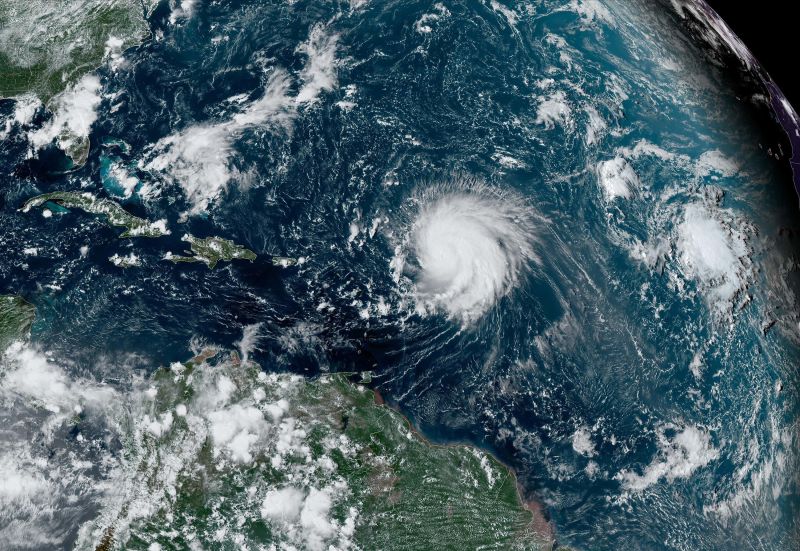In an era where global warming and climate change pose significant threats to our planet, one of the most alarming developments has been the relentless increase in global ocean heat. According to research and related data, the ocean’s heat has hit a new record every single day for the last year. This indicates an irreversible trend that underscores the dire need for immediate, collective action.
One of the primary reasons behind the increase in ocean heat is the rise in greenhouse gas emissions, primarily carbon dioxide and methane. These gases trap more solar radiation in the Earth’s atmosphere, leading to higher overall temperatures. Oceans act as the Earth’s largest solar radiator, absorbing more than 90% of the excess heat trapped by the greenhouse effect. As these emissions continue to rise, so too does the temperature of the Earth’s oceans.
The daily record-breaking heat experienced over the past year hints at the severity of this environmental crisis. It is a sign that the Earth’s natural systems can no longer combat the impact of human behavior, specifically our reliance on fossil fuel usage and the resulting overproduction of greenhouse gases.
This ever-increasing heat in our oceans has profound implications for marine life and ecosystems. The heightened temperature disrupts the aquatic life cycle, threatening various species with potential extinction and causing harmful algal blooms. More specifically, coral reefs are highly susceptible to even the slightest changes in temperature, leading to widespread bleaching and potential death of these vital marine organisms.
Heat expansion in the oceans has also led to a progressive increase in the sea level worldwide. Combined with the meltwater from glaciers and ice sheets, this rise in sea level poses a serious threat to low-lying and coastal communities, increasing the risk of devastating floods and storms. With the current pace of warming, we are set to see dramatic changes in our lifetimes.
Furthermore, the ocean’s capacity to absorb carbon dioxide is also affected by the rise in temperature. With warming waters, the ocean’s function as a carbon sink decreases. This results in more carbon dioxide remaining in the atmosphere, leading to a vicious cycle of further warming.
A new record set for ocean heat is not just a statistic; it is a clear alarm that we are running out of time to address global warming before its impact becomes insurmountable. The world needs to focus on effective ways of reducing greenhouse gas emissions and promoting sustainable practices now more than ever.
Strategies for easing this problem include investing in renewable energy, reducing consumption, advocating for deforestation regulation, and pursuing technological innovations that can help limit carbon emissions. Additionally, international cooperation, regulations, and agreements need to enforce stricter standards of pollution control to reduce global warming.
The daily record-breaking ocean heat experienced over the last year is a stark warning of the pressing need for immediate action. The task at hand is daunting, but the urgency of the situation requires us to rethink our lifestyle, consumption habits, and energy sources. The responsibility lies with governments, organizations, and individuals alike to mitigate the damage and restore the health of our oceans for the generations to come.
